Understanding the viscosity of complex fluids, especially polar fluids, based on hard spheres
Please login to view abstract download link
Viscosity is one of the key properties of a lubricant. Nevertheless, our theoretical understanding is liminted when to comes to how microscopic interactions between particles affect this macroscopic transport property. Much of our understanding is based on theoretical approaches to hard particles, using Chapman-Enskog theory. In this work, we use molecular-dynamics simulations to develop new theory and better understand the viscosity of complex fluids, including fluids with long-range interactions, such as those carrying dipoles, and short-range soft interactions. We also consider fluids in the presense of external fields. Our theoretical approach makes use of thermodynamics properties that takes into account that in long-range interactions, collision are no longer instantaneous, and cannot be represented by a single effective diameter. We show that this approach is able to reproduce the viscosity from numerical simulations of a range of spherically-symmetric interactions, as well as polar hard spheres and dumbells. We also extend our theory to mixtures of polar hard spheres, which are also well described. REFERENCES [1] Anisotropy of field-controlled shear viscosity of dipolar fluids, Christopher D. Fjeldstad, Faezeh Pousaneh, Roberto E. Troncoso, and Astrid S. de Wijn J. Stat. Mech. (2023) 123204. [2] Kinetic theory and shear viscosity of dense dipolar hard sphere liquids, Faezeh Pousaneh and Astrid S. de Wijn Phys. Rev. Lett. 124, 218004 (2020).

